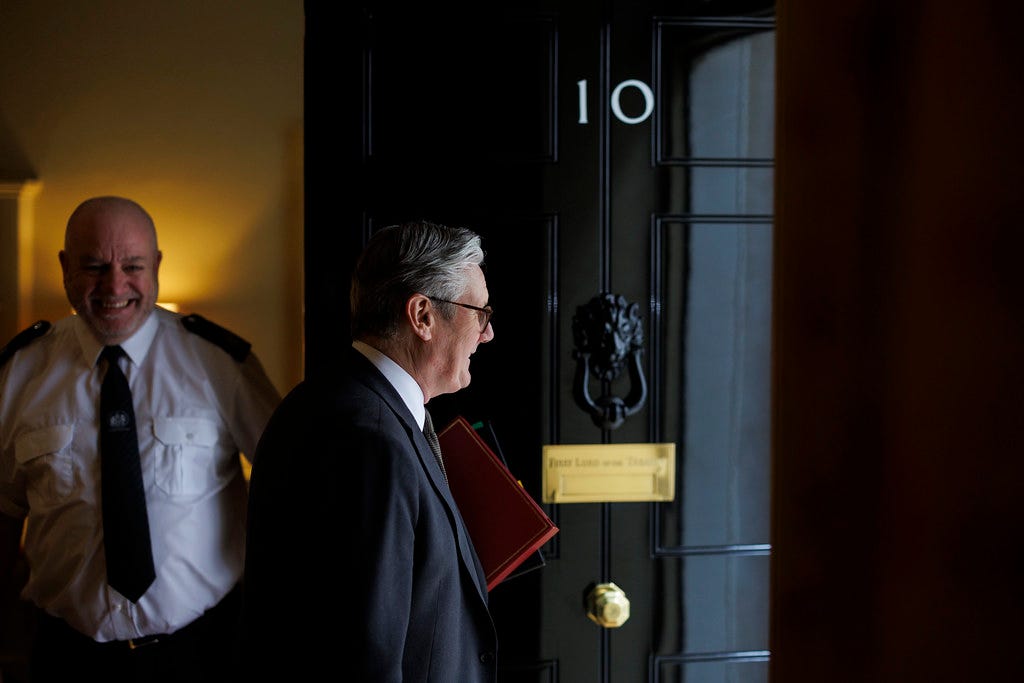
How they crowed when The Donald was forced into a step backward. He has discovered the truth that those of us with a long time in finance learned long ago, that politicians propose, but markets dispose. Retreating, even with as much dignity as you can muster, is never a good look. It tends to breed resentment, with overtones of revenge.
This is why the relief rally after the tariff pullback was a muted affair, compared to the damage to prices since “liberation day”. We should understand that Trump did not alight on tariffs as a clever, attention-grabbing wheeze but because he really believes that they are an alternative to income tax, despite the mountain of evidence to the contrary. A clout round the head from the bond market will not be enough to disabuse him.
So, when we go down to the woods next week, we can be sure of (another) big surprise. He may be distracted by the focus on Iran, but the 90-day suspension of last week’s tariffs will pass soon enough. In the context of trade negotiations, it’s the blink of an eye. The Damocletian sword will continue to hang over the negotiations as the clock counts down.
Yet the turmoil also offers opportunities which were not there before Trump revealed his tariff scoreboard, for all the world as if he were an on-course bookie shouting the odds. There will never be a better moment for radical reform of the way the British state runs the economy. All politicians hate back-tracking (see above) but civil servants can dream up ways of disguising past mistakes.
Trump has scared a whole class of well-heeled entrepreneurs. Germany is in political chaos, while France is hardly being governed. A tax break for foreigners investing in Britain would undo some of the damage inflicted on non-doms in that disastrous Budget. We might remind them that we have the rule of law which the US currently lacks, and a stable government. We have some grim problems, but seem to have a newly-energised prime minister who wants to attack them. We may even tackle the welfare budget (triple-lock pension sunset, anyone?).
Successive British governments have borrowed far too much and squandered the proceeds. Today, the gilt market is apprehensive, and demanding a high real return as a result. There is so much debt that the cost of raising more from recalcitrant buyers threatens to overwhelm the feeble moves to curb the government’s spending habits.
Yet if a Labour administration is prepared to confront the vested interests in the unions, welfare and the health service, as well as resisting the endless clamour for more subsidies, from steel to green energy, the picture could change quickly. The pain of real reform is high in the short term, but if Mr Market really believes that it’s going to happen, the fall in the government’s borrowing costs would go a long way towards paying the bill. The reward would be a virtuous circle. We might actually see the mirage that is “growth” turned into reality. This is Sir Kier Starmer’s moment of destiny. We will shortly find out whether he is up to it.
